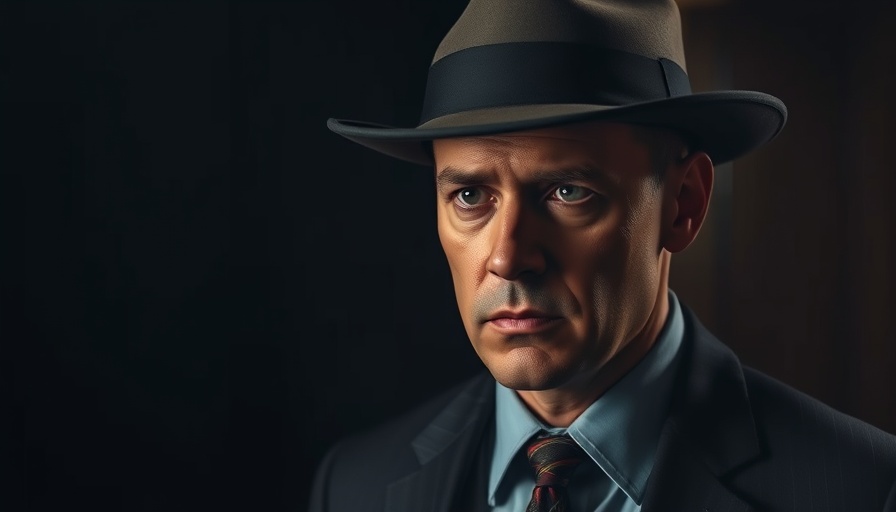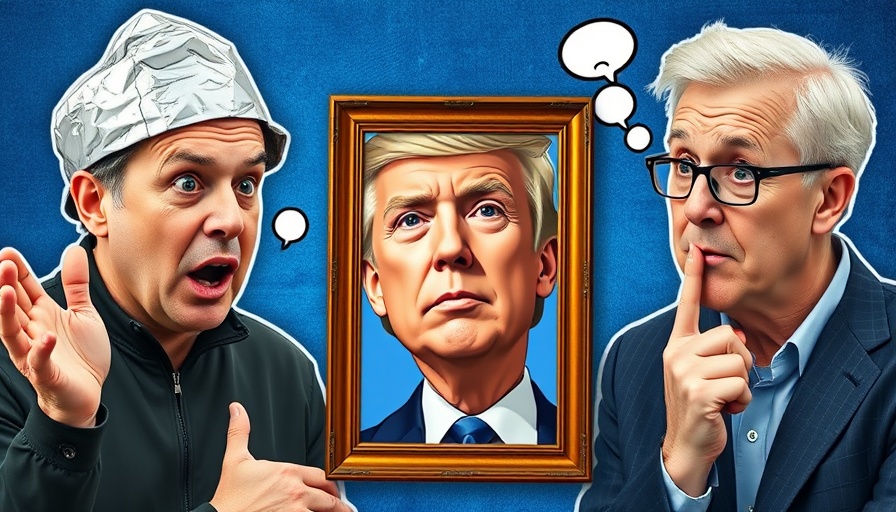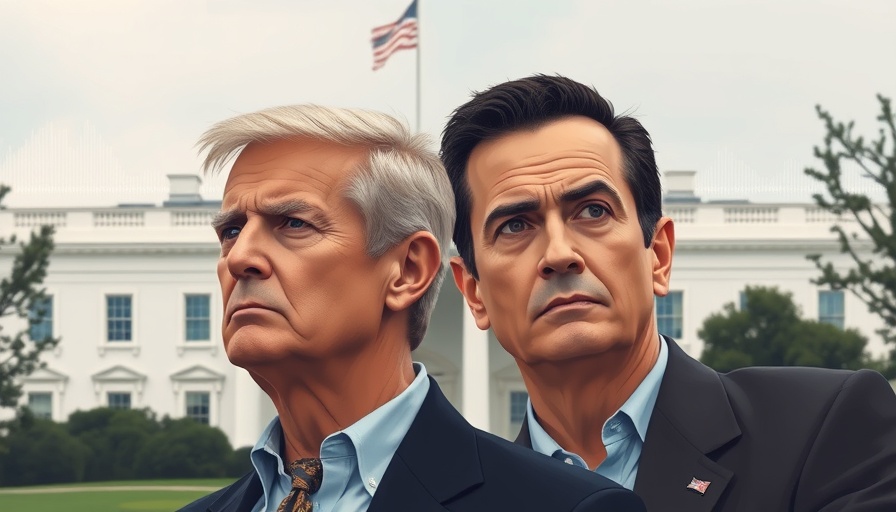
The Legacy of 'The Godfather': A Deep Dive
'The Godfather' films, particularly Parts I and II, are often hailed as cinematic masterpieces. The debate about which film reigns supreme rages on among fans and critics alike. While both films are critically acclaimed, their themes and character development resonate differently with audiences, reflecting a spectrum of human emotions and the American experience.
In 'Which is better, 'The Godfather' Part I or Part II?!', the video dives into the cinematic brilliance of these films, exploring themes such as family, power, and identity that prompted us to analyze their profound impact on American culture.
Character Depth: A Closer Look at Michael Corleone
Michael Corleone, masterfully portrayed by Al Pacino, anchors the saga. In the first film, we meet a reluctant hero transformed into a ruthless leader, embodying the complexities of family loyalty and the burdens of leadership. Critics often argue that Pacino’s subtle performance makes Part I more approachable, drawing viewers into Michael's world. His journey from war hero to Mafia boss serves as a compelling metaphor for the conflicts within American society—conflicts that resonate with conservative values, emphasizing loyalty, family, and the consequences of one's choices.
The Human Element in 'The Godfather Part II'
'The Godfather Part II' takes a deeper dive into the human experience. It juxtaposes Michael’s rise to power with flashbacks of his father, Vito Corleone, played by Robert De Niro. This dual narrative structure not only enhances the emotional complexity of the story but also prompts viewers to reflect on the American dream—its achievements and inherent struggles. The representation of Vito's immigrant journey echoes the experiences of many families, revealing how their sacrifices contribute to the freedom and economic possibilities enjoyed by future generations, making it a significant piece for a conservative audience that values hard work and resilience.
Academy Awards Versus Popular Appeal
Both films received critical acclaim, with the first winning three Academy Awards, including Best Picture. However, the popularity of Part I may overshadow Part II in mainstream culture. The accessible storytelling and memorable quotes of the first film have embedded it into the fabric of American culture. This raises an important discussion about how cultural preferences often reflect broader societal values—demanding a case for preserving traditional narratives in film, akin to those advocated by conservative figures like Ben Shapiro and Glenn Beck.
Exploring Themes of Power and Morality
At its core, 'The Godfather' is not merely a narrative about organized crime, but rather a profound exploration of power, morality, and the familial bonds that tie individuals to their destinies. Michael’s choices in both films showcase the complexities of governance and responsibility, principles that parallel discussions about leadership in contemporary America. Considering the ongoing dialogue surrounding political figures like Donald Trump and Elon Musk, the narrative prompts viewers to ponder: What constitutes true freedom and success in the American economy?
The Impact of Italian-American Identity
As a product of its time, 'The Godfather' captures the Italian-American experience authentically. By showcasing the struggles of immigrants navigating a world rife with discrimination, the narrative reveals broader truths about integration, identity, and the American dream. This mirrors the struggles faced by various communities in America today, making the films a significant point of discussion in contemporary debates around inclusivity versus traditional values.
Conclusion: Reflecting on the Duality of the American Experience
In analyzing the virtues of 'The Godfather' Part I and Part II, it becomes clear that each film provides valuable insights into the American experience. These films compel us to reflect on our values and the paths we choose for our families and communities. Their enduring relevance offers a unique lens through which to examine issues surrounding democracy, economic challenges, and familial bonds that define our society. As we explore these classics, we prompt a deeper understanding of how storytelling shapes cultural narratives and personal identity.
The ongoing dialogue surrounding family, values, and identity continues to resonate, inviting viewers to engage with these iconic films in a way that challenges them to think critically about the present while honoring the past. So next time you revisit 'The Godfather' series—remember, it’s not just about entertainment; it’s about understanding our humanity.
 Add Row
Add Row  Add
Add 




 Add Row
Add Row  Add
Add 

Write A Comment